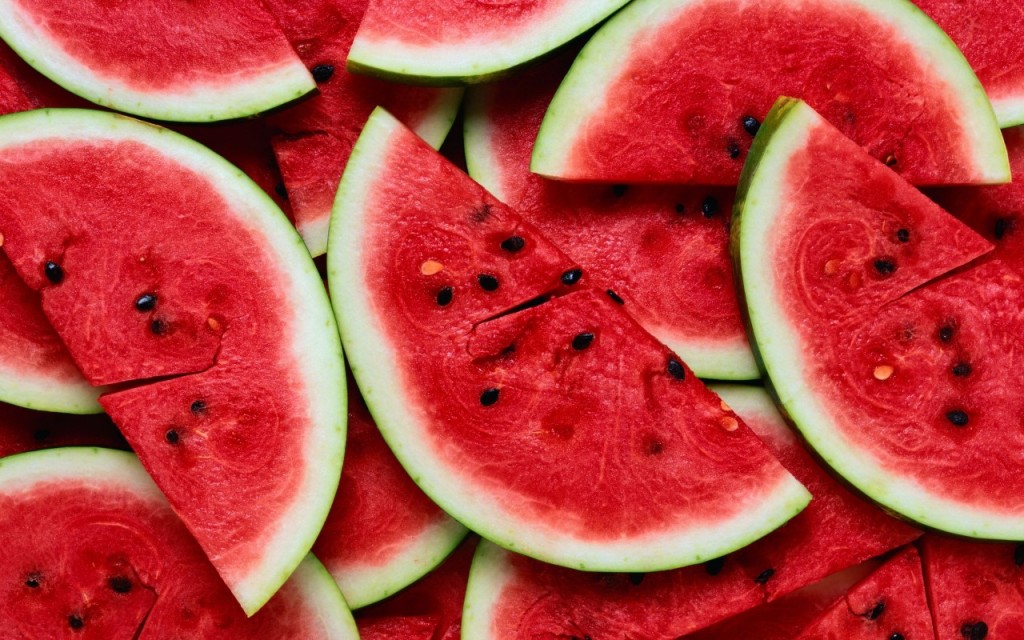Being the first newsletter for Marissa Kent Nutrition, I would like to give you some more information on why I counsel the clients I do.
I started working with disordered eating during college. I truly enjoyed the nutrition education principles coupled with counseling using an individual’s whole self; mind, body, spirit, and lifestyle.
After college, I continued working with disordered eating and added the component of heart disease and diabetes prevention. It soon became clear that in some clients there was a connection between disordered eating and diabetes. That was the diagnosis of PCOS.
Pcos or polycystic ovary syndrome is a problem in which women’e hormones are out of balance that can cause abnormal periods, food cravings, weight gain, and infertility. Over time some of these changes can lead to serious health problems such as diabetes and heart disease.PCOS is the most common hormonal problem in woman of reproductive age. It effects about 10% of the population. Symptoms can start to occur in girls in their teens.
Symtoms include…
- Acne
- Weight gain and trouble losing weight
- Carbohydrate cravings
- Extra hair on the face and body
- Thinning hair on the scalp
- Irregular periods
- Fertility problems
- Small cysts on the ovaries
- Depression
Diagnosis:
Your doctor will do a number of lab tests to check your blood sugar, insulin, and other hormone levels. Hormone tests can help rule out thyroid or other gland problems that could cause similar symptoms.
The hormone levels that are tested include …
- Insulin
- Glucose
- Androgens
- Estrogen
- Testosterone
- LH
- TSH
- Lipid profile
